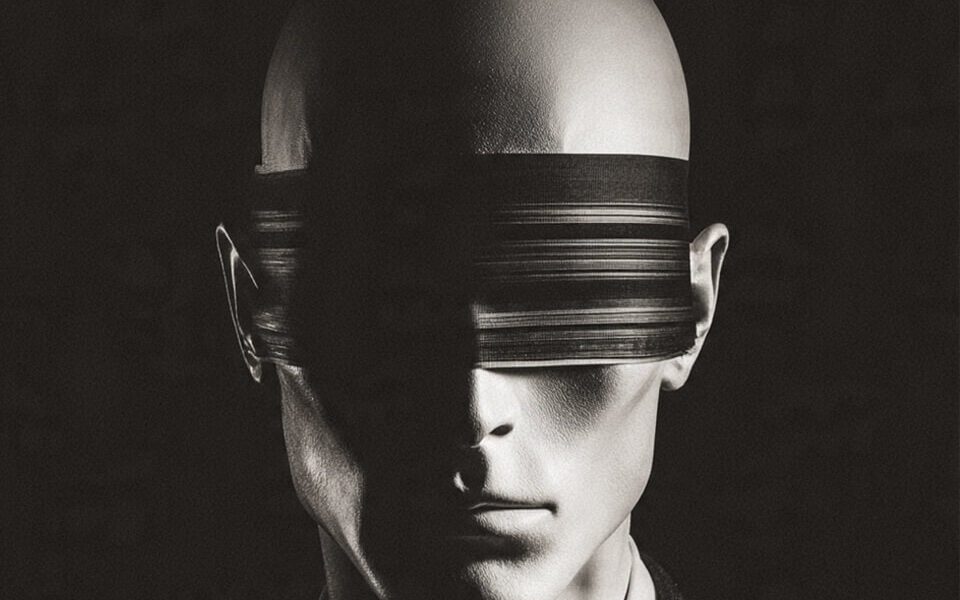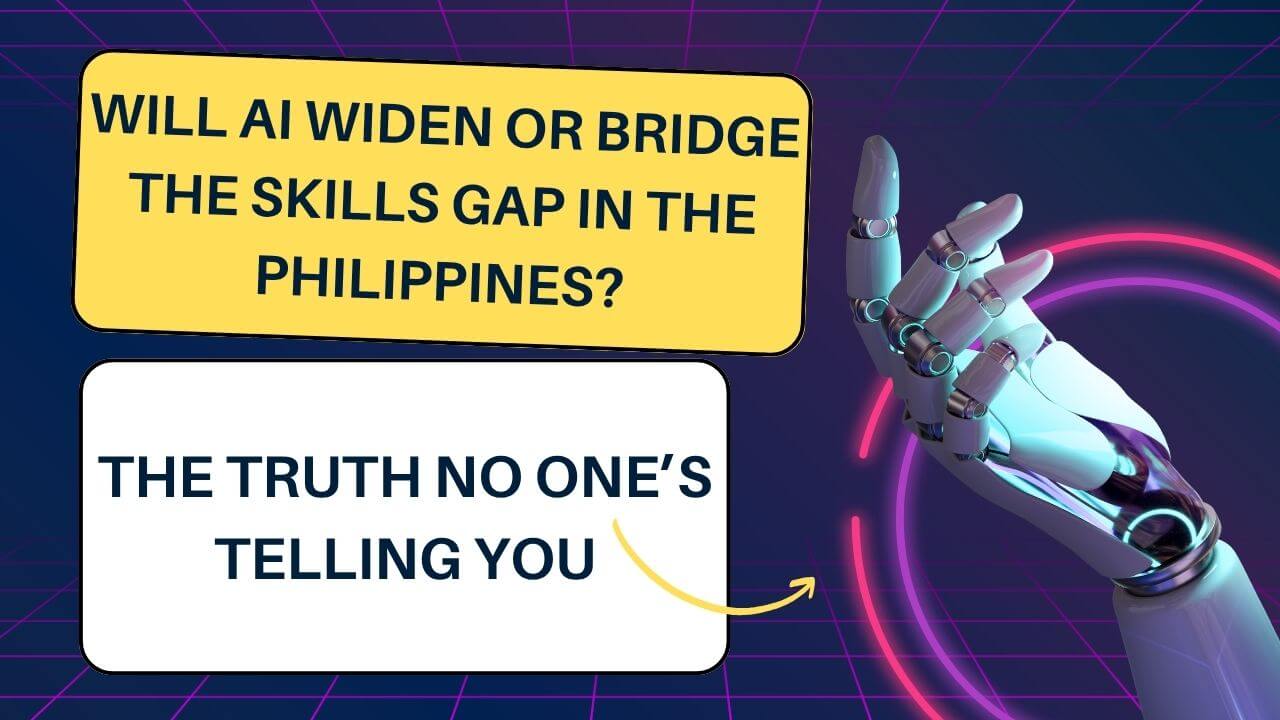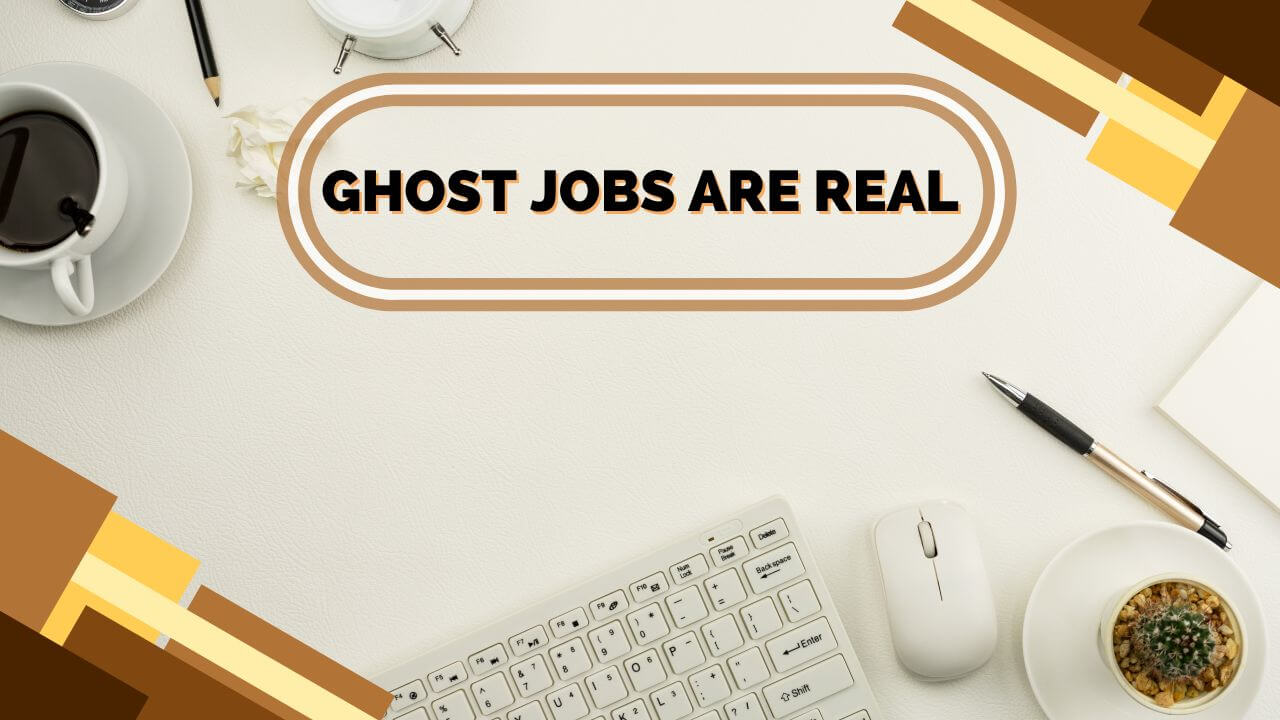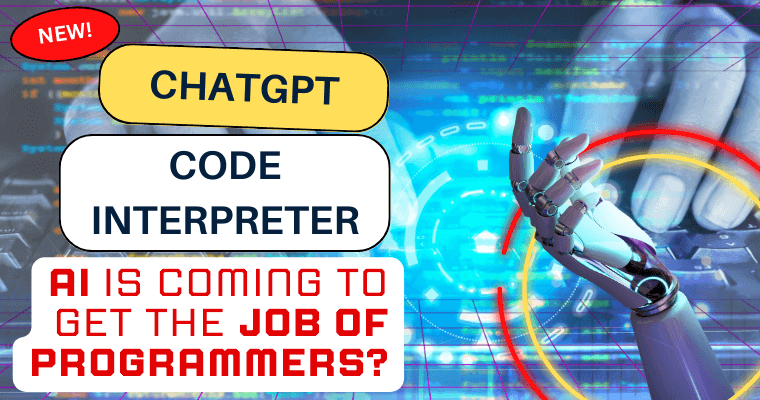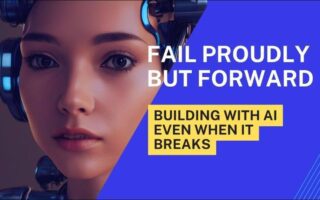Filters, Ghosts, and the Disappearing Human Behind the Perfect Output
🧩 Congratulations, You’re Not You Anymore
Remember when “skill” was a thing? When expertise required decades of practice, sleepless nights, and the crushing weight of existential doubt? Hilarious, right? That’s ancient history.
Today, thanks to the miracle of Generative AI, nobody ever has to look, sound, or perform like their actual self again. AI hasn’t just automated tasks—it has automated the alibi.
It provides every user with a perfectly tailored Human Mask, allowing you to present as highly competent, flawlessly aesthetic, and deeply insightful—all while enjoying the sweet, frictionless bliss of being utterly checked out.
The paradox is simple: AI makes life easier, but in doing so, it erases the evidence that humans ever struggled, learned, or created.
👻 The Ghost Writer: From Thought Leader to Prompt Monkey
You didn’t need a thesis statement, you needed a prompt. Your 10,000-word corporate strategy document—the one that got you that promotion? Drafted by an LLM named Bartholomew in three minutes.
Before, a bad writer produced clumsy, boring content that quickly exposed their lack of intellectual muscle. Now, your AI Ghostwriter instantly elevates prose to a level of generic, high-gloss sophistication that is impossible to argue with.
The result: You are now a “Thought Leader” whose only real talent is synthesizing 500 characters of user input into 5,000 words of perfectly structured, context-free banality. Your career is no longer based on what you think, but on how well Bartholomew thinks for you.
The mask works perfectly because everyone else is wearing one too.
🎨 The Filter: Aesthetically Infallible, Biologically Impossible
We all agree: the human face is a flawed, inefficient piece of machinery. Thankfully, the AI Filter has debugged nature.
Why learn complex lighting and makeup when you can upload a photo and receive an ethereal, airbrushed avatar of your best possible self? The “Beautification Algorithm” doesn’t just smooth wrinkles; it erases the flicker of stress in your eyes, the evidence of 2 a.m. doom-scrolling, and the decades you spent not drinking enough water.
The Human Mask has made all of us aesthetically infallible, rendering physical effort redundant. We are now a species of perfectly symmetrical, impossibly pore-less digital avatars, desperately avoiding actual human contact lest the mask should slip and reveal the deeply imperfect, high-maintenance organic life form underneath.
🛠️ The Skill Substitute: Coding, Cooking, and Compositing
AI is sold as augmentation. In practice, it is a replacement for the tedious acquisition of skill.
- The Code: You don’t need to understand data structures; you just need a prompt engineer to ask for a functional Python script. If it fails, blame the hallucination, not your lack of debugging ability.
- The Design: You don’t need an eye for composition; you need a generative image model to spit out ten variations of “cyberpunk neon cat.”
- The Presentation: You don’t need rhetorical skill; you need an AI to craft flawless, data-driven slides that look like they were made by a major consulting firm.
The Human Mask has transformed every skill into an input field. The true professional is no longer the expert who knows the answer, but the one who knows which model to use and how to feed it data.
🎭 The Marketplace of Masks
Imagine a marketplace where everyone wears masks. One mask makes you look younger. Another makes you sound smarter. Another makes your work appear flawless.
At first, the masks are liberating. No more judgment, no more rejection. But soon, the marketplace forgets what real faces look like. Buyers no longer trust anyone without a mask. Sellers, once proud of their craft, now compete only on who has the most convincing disguise.
The human mask becomes mandatory. The face beneath becomes irrelevant.
⚖️ The Debugging Failure
The great irony is that while AI has excelled at perfecting the output, it has made the human input more worthless than ever.
We’ve outsourced our effort, our creativity, and our flaws to the machine, and in doing so, we’ve achieved the ultimate state of digital detachment.
We live in the Age of the Perfect Alibi, where the only thing being masked is the terrifying, beautiful, and utterly unproductive complexity of the human soul.
📢 Viral Takeaway
AI can filter, ghostwrite, and automate. But the more we hide behind the mask, the less the world remembers what human faces and skills look like.
The most radical act in the Age of AI may be this: Take off the mask. Show the imperfect face. Reveal the flawed skill.
Because sometimes, the most powerful thing you can display is not perfection—but proof that you are human.
